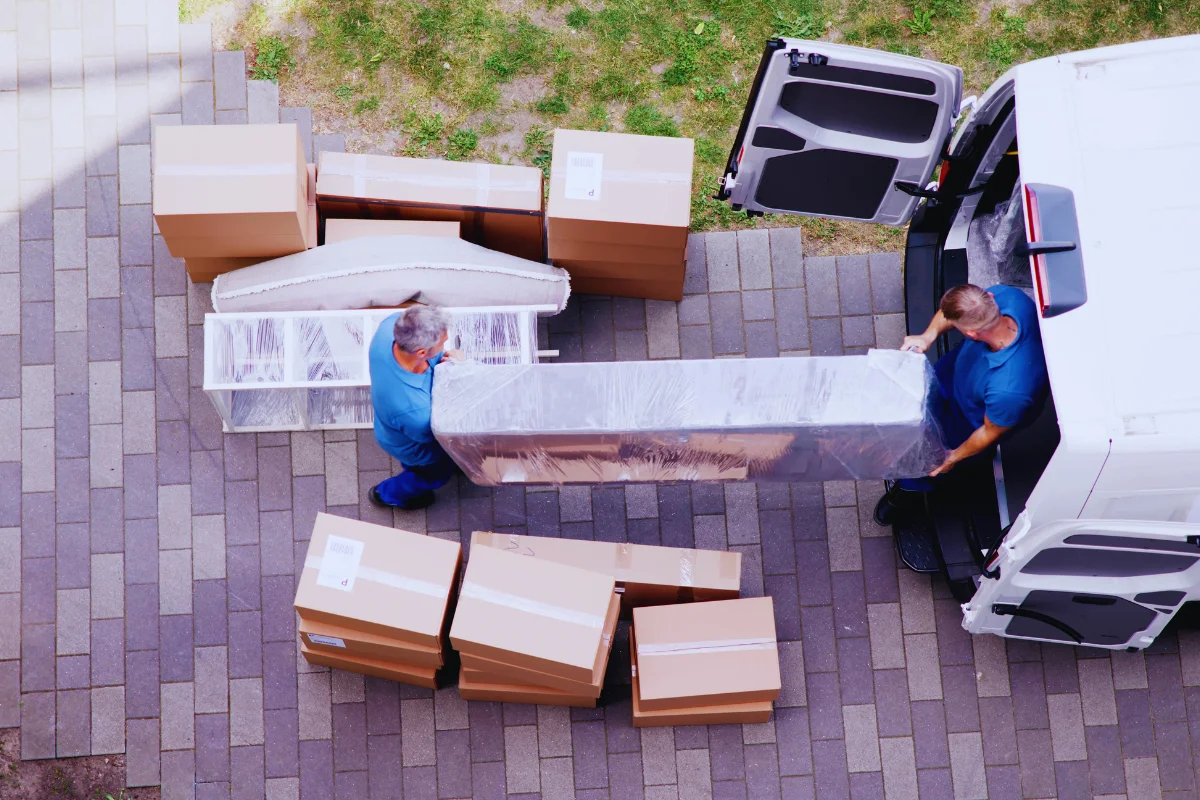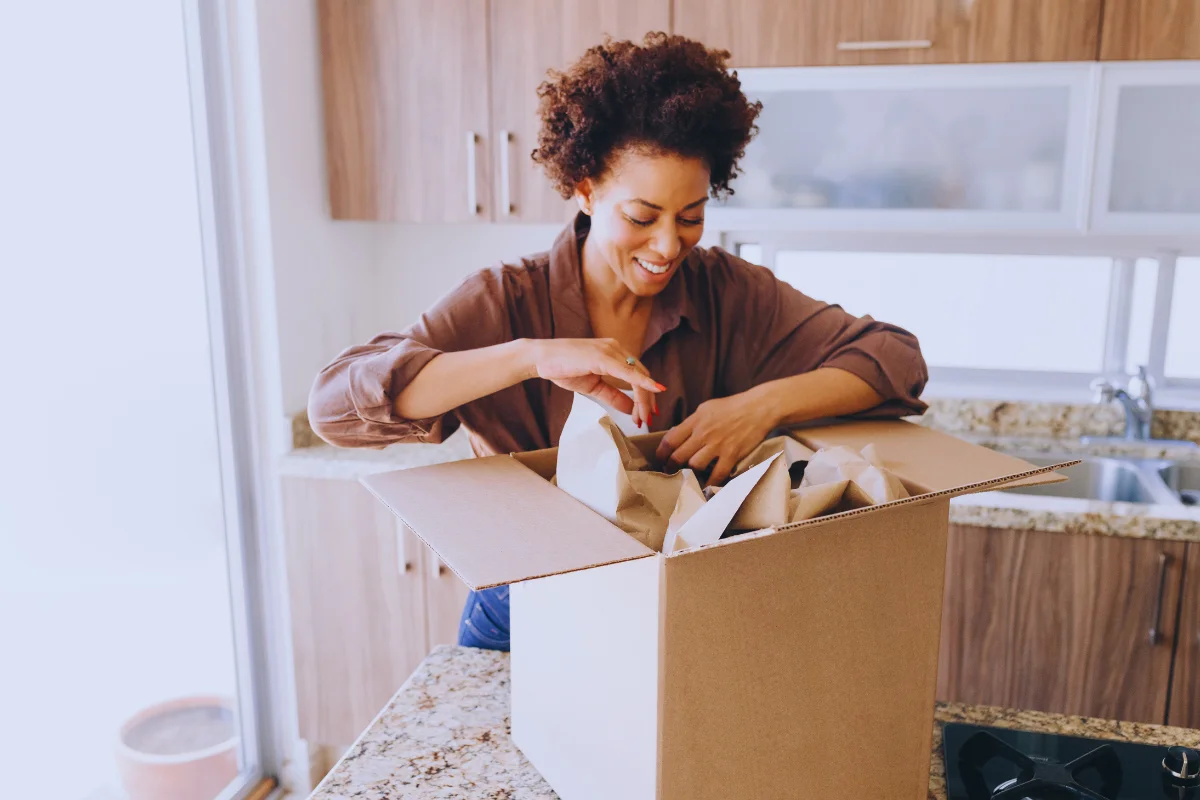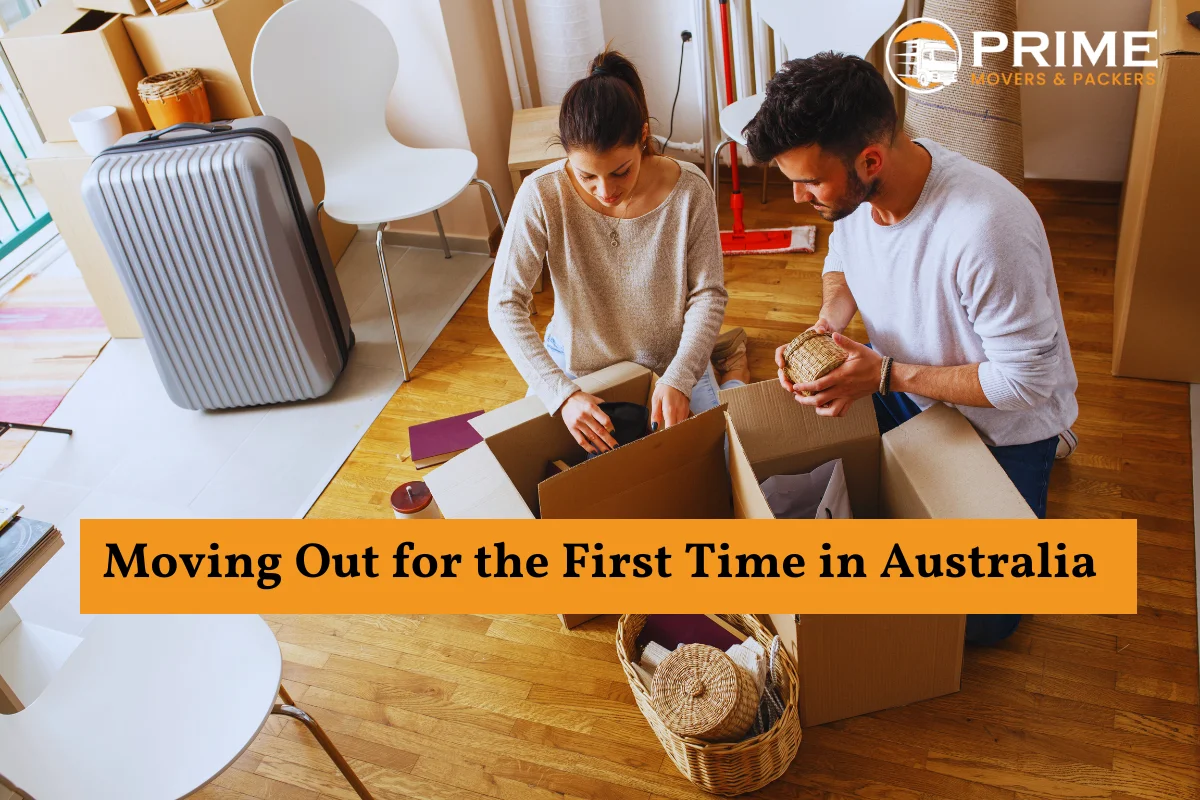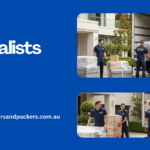Moving out of home for the first time is a big moment in life. It brings a mix of feelings like excitement, nervousness, and curiosity. Whether you are leaving for work, studies, or simply ready to be independent, it’s a change that can feel both exciting and overwhelming.
There are many things to think about when planning your first move. You need to choose where to live, manage your money, pack your belongings, and prepare for a new routine. It can feel like a lot to handle, especially when everything is new.
This guide is here to help you through the process. It covers everything from planning and budgeting to settling in and handling the emotional changes that come with moving out. If you are unsure where to start, don’t worry. By the end of this guide, you will feel more confident and better prepared to begin this new chapter of your life.
Knowing When You’re Ready to Move Out
Moving out of home for the first time is a big step, and it’s important to know if you’re truly ready for it.
It’s more than just wanting your own space. Being emotionally prepared means you can handle responsibilities like managing your time, cooking for yourself, and staying organised without relying on others to step in.
Financial readiness is just as important. You don’t need to be earning a full-time salary, but you should have a stable source of income, such as a part-time job or regular financial support.
It’s also wise to have some savings for upfront costs like bond payments, rent in advance, and furniture.

Your reason for moving also matters. Some people move out for work opportunities or to attend university in a different city. Others simply feel it’s time to gain personal independence and create a life of their own. Whatever your motivation is, make sure it’s something you’ve thought through carefully.
Having a support system makes a big difference. Whether it’s family, friends, or online communities, having people to turn to when things get tough can ease the transition.
Knowing what to expect, asking questions, and preparing for the challenges ahead will help you feel more confident and in control as you take this exciting next step.
Understanding the Cost of Moving Out in Australia
Before you move out, it’s important to understand the full cost of living on your own. In Australia, rental prices vary depending on where you live.
Major cities like Sydney and Melbourne tend to be more expensive, with average weekly rents for one-bedroom apartments ranging from $450 to $600. In smaller cities like Adelaide, Perth, or Hobart, rent may be more affordable, often sitting between $300 to $450 per week.
When you first move out, there are several one-time costs to prepare for. Most landlords require a bond (usually four weeks’ rent) and rent paid in advance (one or two weeks). You may also need to buy essential furniture and appliances, especially if the property is unfurnished. Other costs can include kitchenware, cleaning products, and bedding. If you hire a professional moving company, factor in moving service fees as well.
Once you’ve settled in, there are ongoing expenses to manage. These include weekly or monthly rent, utility bills (electricity, gas, water), internet charges, and groceries. If you rely on public transport or drive, you’ll also need to account for travel costs like fuel or a transport card. These everyday expenses can add up quickly, so planning ahead is key.
To make it all manageable, create a simple budget. Start by listing your monthly income, then subtract fixed expenses like rent and bills. Leave room for savings and unexpected costs. Budgeting apps or spreadsheets can help track your spending and keep you on track. By understanding and preparing for these costs, you’ll avoid stress and gain more control over your finances in your new home.
Finding a Place to Live
One of the biggest decisions you’ll make when moving out is whether to live alone or with housemates. Renting alone offers more privacy and independence, but it also comes with higher costs. Living with housemates can be more affordable, and it can help ease the transition into independent living by sharing bills and daily responsibilities. Think about your budget, lifestyle, and how comfortable you are living with others before making your choice.
When it’s time to look for a place, there are plenty of websites and platforms to help. Popular options include realestate.com.au and Domain for full rental properties. If you’re looking to rent a room in a shared house, Flatmates.com.au and local Facebook groups are great for finding listings. Always check how recent the listing is and reach out quickly if you’re interested.
Before signing anything, inspect the property in person if possible. Look for signs of damage, check the condition of appliances, test water pressure, and make sure doors and windows lock properly. Don’t be afraid to ask questions about the neighbourhood, bills, or lease terms.
It’s also important to know your tenancy rights in Australia. Each state has slightly different rules, but in general, tenants have rights to privacy, safety, and fair treatment. You can visit government websites like Fair Trading NSW or Consumer Affairs Victoria for clear, up-to-date information. Understanding your rights will help you avoid issues and feel more confident when renting your first home.
Documents and Legal Steps for Renting
When you apply for a rental in Australia, you’ll need to provide a few key documents to show you’re a reliable tenant. These usually include photo ID (such as a driver’s licence or passport), recent payslips or proof of income, rental references (from a previous landlord or agent), and sometimes personal references. Some landlords may also ask for bank statements or proof of savings.
Once you’re approved, you’ll be asked to sign a lease agreement. This is a legal document that outlines the terms of your tenancy, including the length of the lease, rent amount, payment frequency, and responsibilities for both you and the landlord. Be sure to read it carefully before signing.
You’ll also need to pay a bond, which is usually equal to four weeks’ rent. This is held as security in case of damage or unpaid rent and is refunded when you move out, provided everything is in order.
To apply for a rental, fill out the application form provided by the agent or landlord and submit it with your documents. If you’re unsure about anything, you can get advice from your state’s tenancy authority, such as Fair Trading NSW or Consumer Affairs Victoria. Knowing your rights and responsibilities helps protect you throughout your rental journey.
Packing and Moving Essentials
Packing for your first move can feel overwhelming, but with a clear plan, it becomes much easier. Start by deciding what to take and what to leave behind. Focus on essentials and items you use daily. Avoid packing things you don’t need or that won’t fit in your new place. Consider donating or selling clothes, books, or furniture you no longer use.
For your first apartment, there are a few must-have items. These include basic kitchen supplies like pots, pans, plates, and utensils. Don’t forget cleaning products, laundry essentials, bedding, towels, and some basic furniture like a bed and a table. It’s better to start with the basics and add more items as you settle in.

When it comes to moving, you can choose to hire professional movers or do it yourself. Hiring movers takes the stress out of transport and heavy lifting, but it can be more expensive. Doing it yourself saves money but requires more effort and planning. Think about your budget, the amount you need to move, and the time you have before deciding.
On moving day, stay organized by scheduling tasks ahead of time. Make sure everything is packed and labeled clearly. Clean your old place before leaving and do a final check to ensure nothing is left behind. Keeping a checklist can help you stay on track and make your first move smooth and successful.
Need help getting everything packed and ready to go? Our professional packing service ensures your belongings are safely and efficiently prepared for the move, saving you time and stress.
Setting Up Your New Home
Once you’ve moved in, one of the first things to do is set up your utilities. This usually means arranging electricity, gas, water, and internet services. It’s a good idea to contact providers as soon as possible so everything is ready when you arrive. In some cases, the landlord or previous tenant might help with this, but it’s your responsibility to make sure these essential services are connected.
Next, focus on buying basic furniture and household items. Start with the essentials like a bed, a table, chairs, and storage solutions. You don’t have to buy everything at once. Many first-time renters buy second-hand or affordable items to keep costs down. Don’t forget kitchenware, cleaning supplies, and other small things that make day-to-day life easier.
Remember to update your address with important services and organizations. This includes your bank, healthcare providers, employer, and the Australian Electoral Commission if you are eligible. Also, notify Australia Post to forward your mail to your new address. This helps avoid missing bills or important letters.
Finally, begin to set routines to help you feel at home. Establish daily habits like cooking, cleaning, and budgeting. Take time to explore your new neighbourhood and meet neighbours if you can. Feeling settled takes time, so be patient with yourself as you adjust to your new space and lifestyle.
Common Challenges and How to Deal With Them
Moving out for the first time comes with its challenges. Many people feel homesick as they adjust to living independently. It’s normal to miss family, friends, and the comfort of your old home. To cope, try to stay connected through calls or visits, and build new routines to keep yourself busy.
Managing bills and daily responsibilities can also feel overwhelming at first. Keeping track of rent, utilities, groceries, and other expenses requires organisation. Creating a simple budget and setting reminders for bill payments can help you stay on top of things and avoid stress.
If you choose to live with housemates, conflicts may arise. Differences in habits or schedules are common, so clear communication and setting house rules early on are important. Respect and compromise go a long way in maintaining a peaceful home.
If you ever feel overwhelmed, remember that help is available. Reach out to family, friends, or support services like community centres or mental health organisations. Many universities and workplaces also offer support for young people moving out for the first time. You don’t have to face these challenges alone.
Smart Tips for First-Time Renters in Australia
When you’re renting for the first time, it’s best to start small and stick to a budget. Choose a place you can comfortably afford without stretching your finances too thin. This helps you avoid stress and gives you room to save.
Always read all documents carefully before signing. Lease agreements and bonds can have important details that affect your rights and responsibilities. If anything is unclear, ask for help or advice before committing.
Building an emergency fund is a smart move. Unexpected costs can come up, like repairs or a sudden change in income. Having savings set aside gives you peace of mind.
Lastly, keep your place clean and organised. This not only makes your home more comfortable but also helps avoid disputes with landlords or housemates. A tidy home is easier to manage and makes moving out smoother when the time comes.
Final Thoughts
Feeling nervous about moving out for the first time is completely normal. Remember, no one expects you to have it all figured out right away. Everyone learns and grows through the experience.
Take it step by step and don’t rush yourself. With some planning and patience, you will settle in and enjoy the freedom of living on your own.
If you want a stress-free moving day, Prime Movers and Packers offers reliable and affordable relocation services across Australia to help make your first move easier.
Frequently Asked Questions (FAQs)
When is the best time to move out for the first time in Australia?
There is no one-size-fits-all answer. The best time depends on your personal readiness, financial stability, and life circumstances such as starting a new job or university.
How much money do I need to move out for the first time?
You should budget for upfront costs like bond (usually four weeks’ rent), rent in advance, moving expenses, and basic furniture. It’s also important to have savings for ongoing costs like bills and groceries.
Can I move out if I don’t have a full-time job?
Yes, but you should have a reliable source of income, such as a part-time job or financial support, to cover rent and living expenses consistently.
How do I find a rental property in Australia?
Popular websites like realestate.com.au, Domain, and Flatmates.com.au are good places to start. You can also check local Facebook groups and community boards.
What documents do I need to rent a place?
Typically, you need photo ID, proof of income (like payslips), rental references, and sometimes bank statements or personal references.
What are my rights as a tenant in Australia?
Tenants have rights to safe, clean, and secure housing, privacy, and fair treatment. These rights vary slightly by state, and you can learn more from your local tenancy authority.
Should I hire professional movers or move by myself?
Hiring movers can make the process easier and faster but costs more. Moving yourself saves money but requires more time and effort. Consider your budget, how much you’re moving, and your schedule.
How do I manage bills and expenses after moving out?
Create a monthly budget, keep track of due dates, and consider setting up automatic payments for utilities and rent to avoid missing payments.






Leave a comment